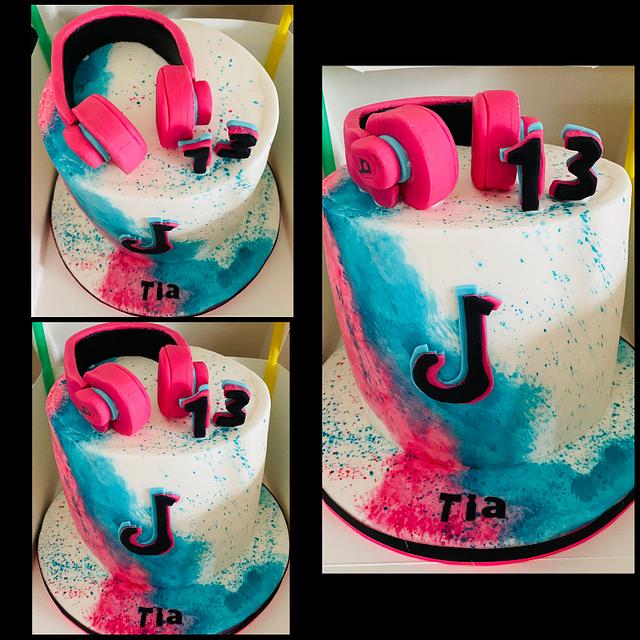

That ingredient made a huge difference in the flavor, so I started using it when I made my tteokbokki at home. She was cooking right in front of us to I saw she made an anchovy stock from dried anchovies. It was run by an old lady who could always be found stirring her pot of tteokbokki, and there were always people lined up to buy it.

When I lived in Korea I learned the secret to making good tteokbokki from a famous place in a local market. We would stop by and they would give us a small paper cup of spicy rice cakes and the spicy sauce for a very reasonable price that any student could afford. When I was a student coming home from school it was hard to resist the spicy rice cakes sold by vendors on the street! They would have big vats of tteokbokkie and just keep stirring and stirring. If you want to get the shape without waiting for it to come back in stock, use trick: Bake two round cakes, cut the edges off of one of them, place them atop the second cake at the bottom to form a point, slice through the bottom cake using the pieces on top as a guide, stick the cut pieces to the top of the pointed piece with frosting to form a heart, then frost and decorate the entire cake.Tteokbokki is chewy rice cakes cooked in a red, spicy broth. To no one’s surprise, these pans continue to sell out. If you can’t find a heart-shaped cake pan, use this viral hack.(You could still use the Ziploc bag to pipe icing between layers of cake, if you’d like.) While you could use a snipped Ziploc bag, this decorating style really requires the precision of piping tips. Invest in piping bags, a cake turntable and an assortment of icing tips.(In fact, some even claim that their shockingly gorgeous Lambeth-style cake is their first attempt at decorating a cake-ever.) Here are a few pointers for trying the trend at home, no matter your baking experience.
#TIK TOK CAKES. PROFESSIONAL#
Sure, lots of the viral cakes we see on TikTok are made by professional bakers. (FYI, the Lambeth method uses royal icing to create multiple intricate layers, consequently creating depth.) After briefly becoming wildly popular again in the 1970s and ’80s, the cake style made its way onto our For You pages in recent years, thanks to Japanese and South Korean bakeries that garnered a cult following amid pandemic-induced boredom.


It wasn’t until the early 20th century that Joseph Lambeth, a British pastry chef who wrote Lambeth Method of Cake Decoration and Practical Pastries, ushered over-piped icing into the baking world, Cocoran says. There’s something inexplicably old-fashioned about all the ruffly icing on these cakes, but what era does their look actually come from?Īccording to Lucy Cocoran, who delved into the history of these trending treats for ELLE Australia, the lavish confections date back to 1700s France, a century that birthed the rococo period (also known as late baroque), an excessively dramatic style of architecture, decor and art that brought about floating cherubs, over-the-top dresses, luxurious chandeliers and, oddly enough, fancy cakes.


 0 kommentar(er)
0 kommentar(er)
